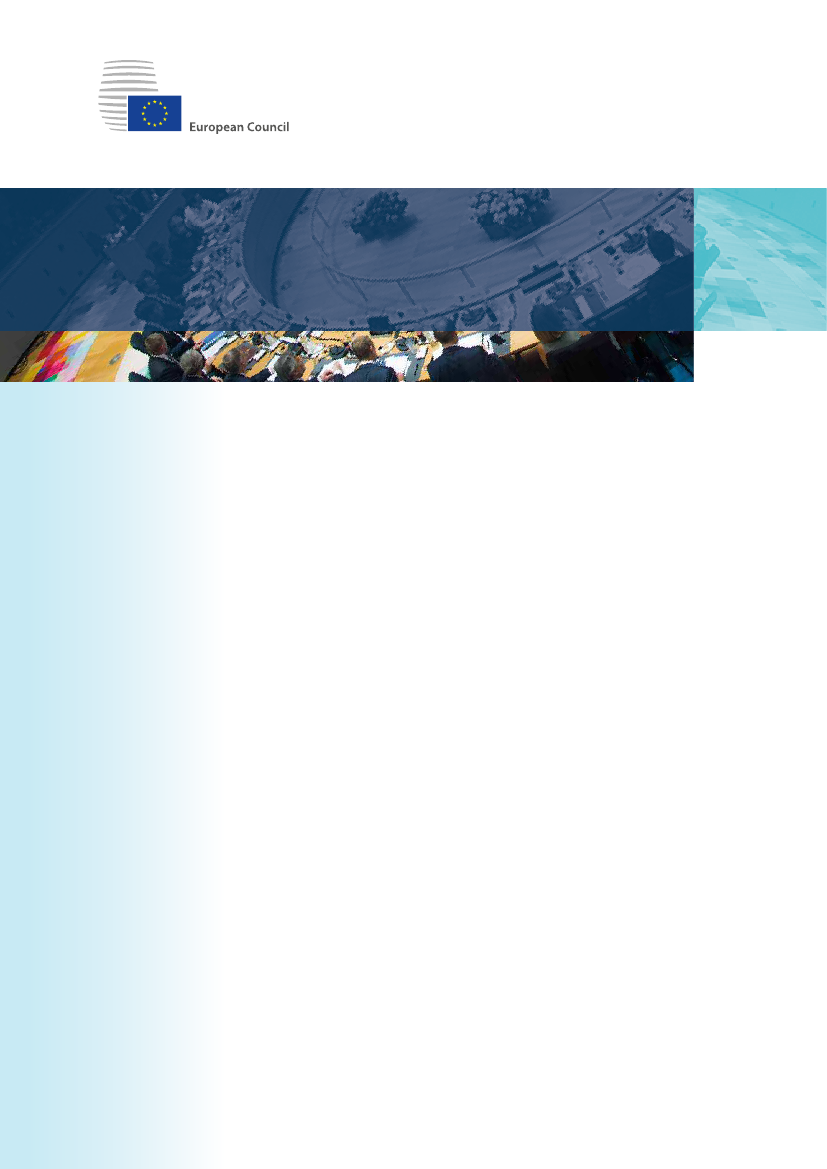
Leaders’ Agenda
November 2017
Education and culture
In Bratislava and Rome, we highlighted the importance of education, culture and policies geared
towards the youth.
Education (including life-long learning) and culture are important not only for
competitiveness but also for the inclusiveness and the cohesion of our societies.
Member States
and regions remain primarily responsible for these areas under the treaties
and the principles of
subsidiarity and proportionality must be respected.
There is also a strong tradition of autonomy of
education and cultural institutions.
But the EU can play an important supporting and coordinating
role.
We will soon celebrate the 30 years’ anniversary of the Erasmus programme. It is widely
recognised as a major success, having benefited more than 9 million people across Europe. As a
fundamental instrument, it will remain at the heart of EU mobility and exchange policy.
In the area of culture the EU could build on initiatives such as the European Capitals of Culture,
or 2018 European Year of Cultural Heritage to further the promotion of our cultural heritage.
Thought should also be given to use public events supported by the EU as instruments to
promote the diversified European cultural richness.
In terms of instruments, the Union can, subject to appropriate Commission initiatives, adopt,
in particular, incentive
measures and recommendations under Articles 165, 166 and 167 TFEU
(excluding any harmonisation).
It can also act through Council and European Council
conclusions. In some cases, the objectives can
be pursued through pilot projects, through
intergovernmental initiatives between all or some of the Member States and through processes
like the Bologna one. Efforts can also be stepped up through increased financing which will need
to be addressed in the context of the next MFF.